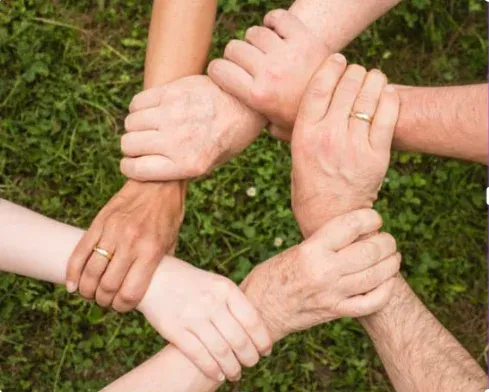Painsomnia is a way of describing the difficulty in falling and staying asleep due to pain. It is not an official medical term but rather something identified through social media conversations. It is an appropriate way to encapsulate the struggle of those kept awake by their pain, forming a seemingly endless cycle of sleeplessness.
What Is Painsomnia?
Painsomnia is a sleep disorder that can prevent someone from getting to sleep or wake them up abruptly. It is caused by chronic pain and affects one in five Americans. Identifying and reducing the causes of the pain is important to promote better sleep quality and overall health.
Nighttime Body Aches
A variety of factors can cause nighttime body aches and cramps. Hormone levels may contribute, as the anti-inflammatory hormone cortisol drops to its lowest point around midnight. Your sleep position could also be a cause, as keeping the same position all night can cause joint stiffness.
Additionally, body temperature can be a factor, as inflammatory musculoskeletal pain can respond to heat, but cold temperatures are recommended for sleep. Multiple sclerosis and arthritis are also known to cause fatigue, tingling, stiff muscles, swelling, and joint pain. It is important to balance keeping the bedroom cool and managing inflammatory pain.
Types Of Body Aches At Night
Different kinds of pains lead to painsomnia, such as the following:
-
Muscle Pain
Muscle pain at night can vary in intensity, ranging from a constant dull ache to sudden, sharp spasms. It may be spread throughout the body or localized to certain areas. Back injuries, like a herniated disc, spinal stenosis, or scoliosis, can cause severe muscle pain. Additionally, people with fibromyalgia, a chronic condition, may experience muscle stiffness at night.
-
Joint Pain
Nighttime joint pain can indicate an underlying chronic condition, such as arthritis. This can cause soreness in the legs, hips, and shoulders, resulting from different types of arthritis, including rheumatoid and ankylosing spondylitis. During the day, your joints are kept lubricated as you move; however, when you are at rest and inactive, the lubrication slows down, and the joints may swell. This can create a burning, aching, or throbbing sensation in your joints when trying to sleep.
-
Nerve Pain
Nerve pain is a type of discomfort that can be felt during the night. It could be a burning feeling or pins and needles, often associated with nerve injury. Changes in body temperature, such as when it gets colder at night, can cause nerve pain as the damaged nerves may interpret the change as pain.
-
Bone Pain
Bone pain at night can be quite uncomfortable. It is often a deep, intense sensation that is intensified when you move your bones. Many potential causes for this pain, such as a fracture, infection, hormone deficiency, or even osteoporosis. In some cases, bone cancer can be the culprit. If you are worried about your bone pain at night, you should talk to your doctor to determine the exact cause.
-
Headaches
Some people experience a type of headache that occurs exclusively at night. These headaches, known as hypnic or alarm clock headaches, are more common in people over 50 and usually wake up the sufferer simultaneously every night. These headaches are less frequent than migraines and cluster headaches, which can also occur at night.
Conclusion
Painsomnia is a sleep disorder that is caused by chronic pain. It can make it difficult to fall asleep and stay asleep, resulting in fatigue and difficulty functioning during the day. To help manage painsomnia speaking with a health professional about the best treatment plan for managing painsomnia can help to ensure more restful sleep.
QEStrong is here to bring you innovative health solutions. Our mission is to give you the tools to defend your health, so you can regain or maintain good mental and physical health. We believe in the power of quantum energy and natural and organic ingredients. If you’re looking for natural pain relief, we can help! Shop online now!







